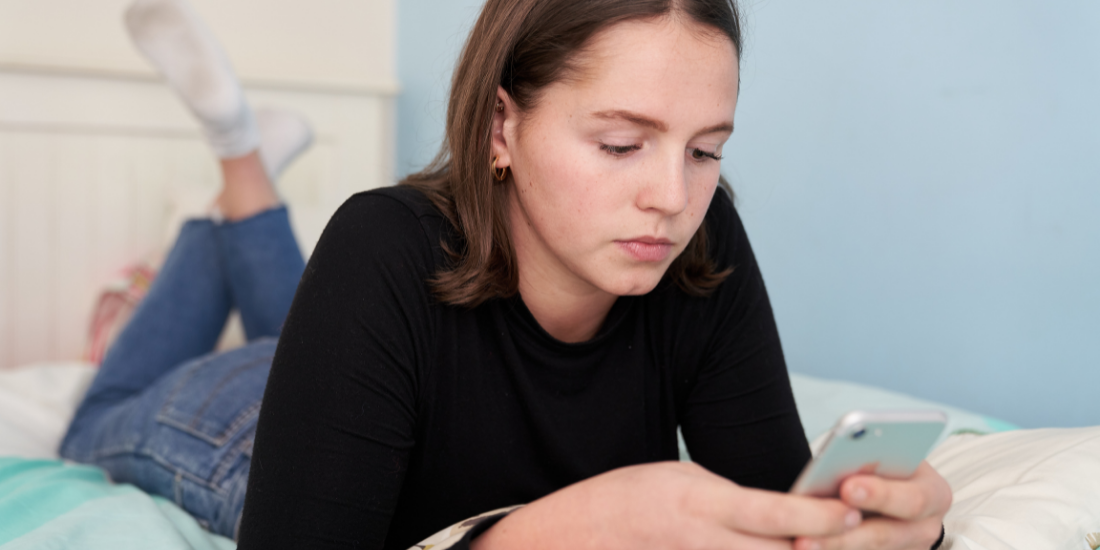
Young people are finding online therapy a valuable way to self-direct their mental health care, a new Orygen study has found.
Researchers conducted in-depth interviews with young people experiencing first-episode psychosis who had used Orygen’s Horyzons online therapy platform. Horyzons features a social network, bite-sized therapy modules, and access to clinicians, peer workers and vocational workers.
Lead researcher Lee Valentine said this therapeutic content became what young people needed it to be, depending on what they were experiencing, which was an empowering experience for them.
“It was self-directed, and they could access it 24/7, which are two things that are different to traditional face-to-face therapy,” Valentine said.
“This meant they could access it when they were in crisis, or when they needed it, not when they had an appointment time, so they were more in control of the experience.”
The study found young people used the platform in five key ways:
- on demand help seeking during crises;
- positive distraction from negative thoughts and voices;
- revision of mental health strategies learnt during previous treatment;
- generalisation and translation of psychological strategies into their everyday lives; and
- normalisation of mental ill-health.
Until now, there has been little research into young people’s opinions and experiences of online therapy. Valentine said the findings were encouraging.
“The young people we spoke to told us it was powerful, it was important, it was part of their recovery story, and that it improved their quality of care,” Valentine said.
For one young man, being able to access the platform as his father was dying in hospital provided valuable support at a time of crisis which he may not have otherwise been able to access.
Valentine said the findings around the value of self-directed care would help to guide the future of digital youth mental health care.
"It shows us that young people are responsive to this kind of online therapy when it’s done in the right way, and this increases the options for their mental health support. “
Lee’s study was recently published in the journal, Psychology and Psychotherapy: Theory, Research and Practice.